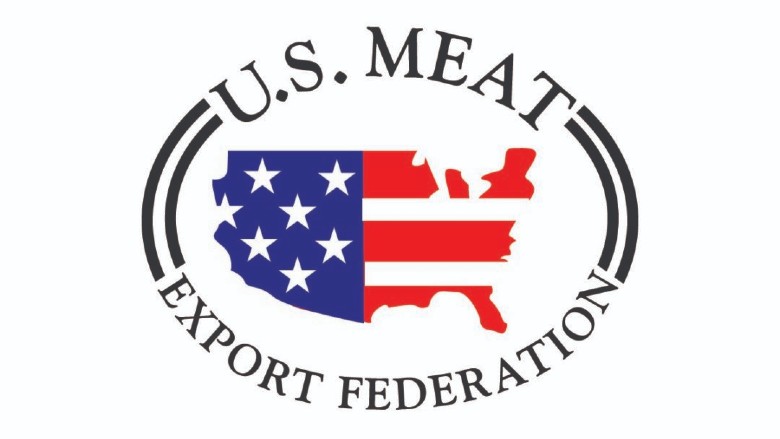US suppliers, buyers review market opportunities in the Philippines
USMEF conference attendees learn about market conditions and factors affecting red meat supply and demand, foodservice trends and USMEF marketing initiatives.

Courtesy of the US Meat Export Federation
Philippine importers and U.S. Meat Export Federation member suppliers recently discussed market and trade opportunities at the USMEF Conference and Product Showcase.
Representatives from 27 importer/distributor companies and 16 USMEF member suppliers attended a USMEF conference where attendees learned about market conditions and factors affecting red meat supply and demand, foodservice trends and USMEF marketing initiatives. This was followed by a business-to-business session in which participants met individually to discuss red meat trade.
After importing record volumes of pork and beef in 2022, Philippine import levels dropped in 2023, a result of leftover inventories, rising import prices, a weakened currency and inflationary pressures. But 2024 has brought improved market conditions, as first-half GDP growth was among Asia’s best. U.S. beef exports through June increased 13% in volume to 7,755 mt and 43% in value to $64.5 million. U.S. pork exports grew 4% to 30,713 mt worth $59 million, a decrease of 12%.
The Philippines was the world’s sixth-largest pork importer in 2023 as domestic production, still challenged by African swine fever, has also been impacted by drought. The government has again reduced pork import tariffs in its battle against inflation, but even with the temporary reductions, the Philippines has some of the highest duties of major pork importers, with most pork assessed a 25% out-of-quota rate. U.S. beef is tariffed at 10%, while Australian and New Zealand beef enter duty-free under free trade agreements with the Philippines.
“Pork is a critical ingredient in the Filipino diet and demand for high-quality U.S. beef is growing alongside the expansion in modern retail outlets, high-end restaurants, and Korean-style and Japanese-style barbecue chains,” said USMEF Philippines Representative Corky Villalobos. “As the economy grows, demand for grain-fed U.S. beef and pork will continue its long-term growth.”
Funding for the conference was provided by the National Pork Board, Beef Checkoff Program, corn and soybean checkoff programs, USDA’s Market Access Program and Regional Agricultural Promotion Program.
Source: U.S. Meat Export Federation
Looking for a reprint of this article?
From high-res PDFs to custom plaques, order your copy today!





